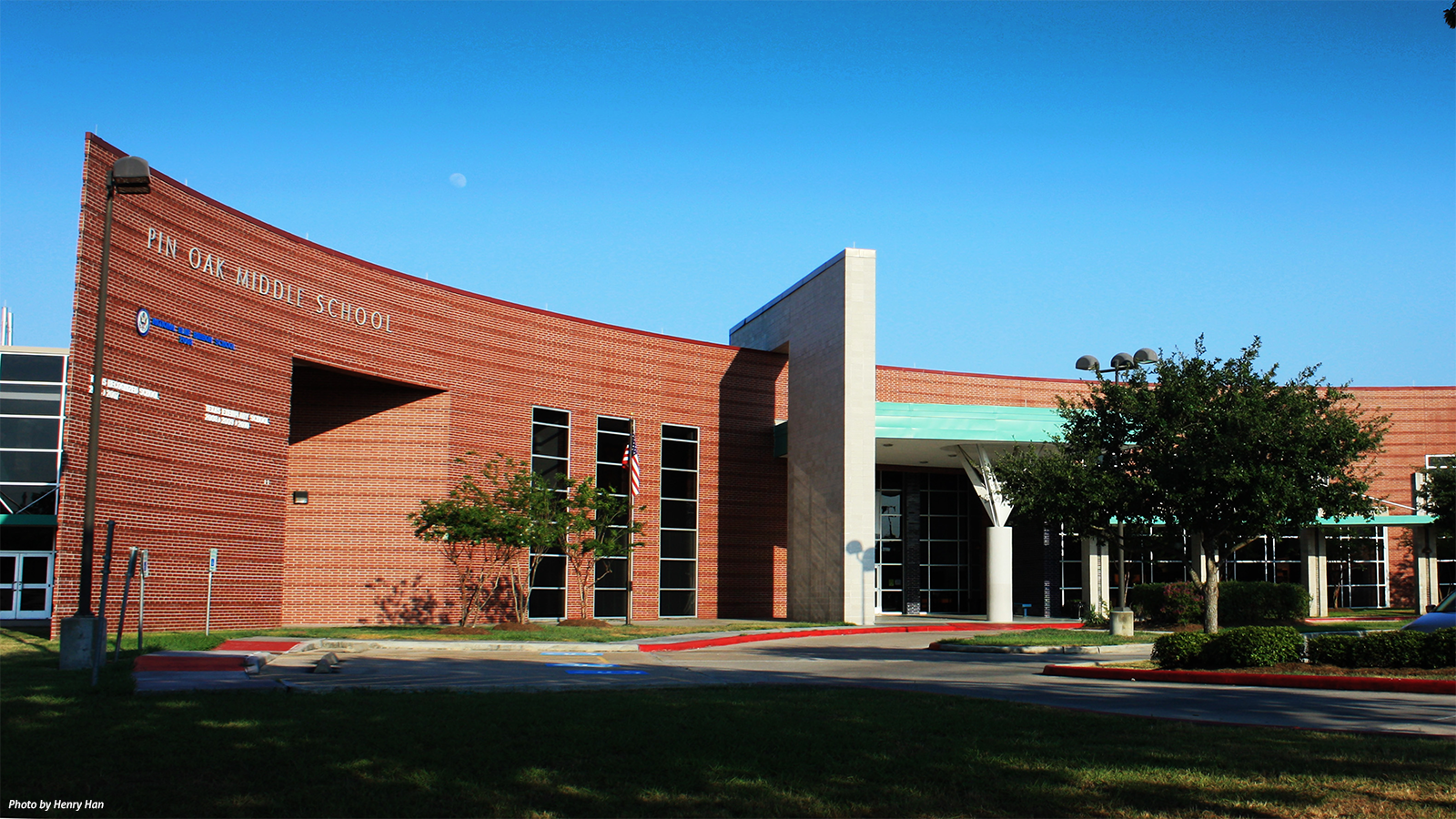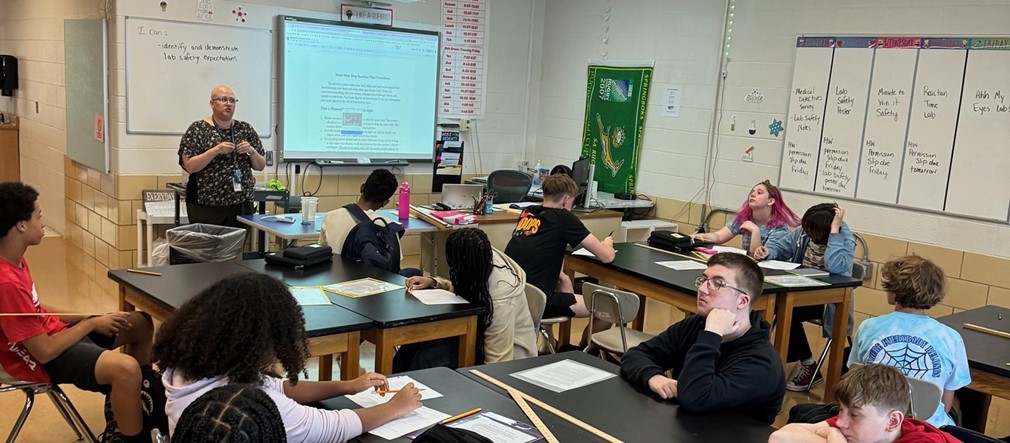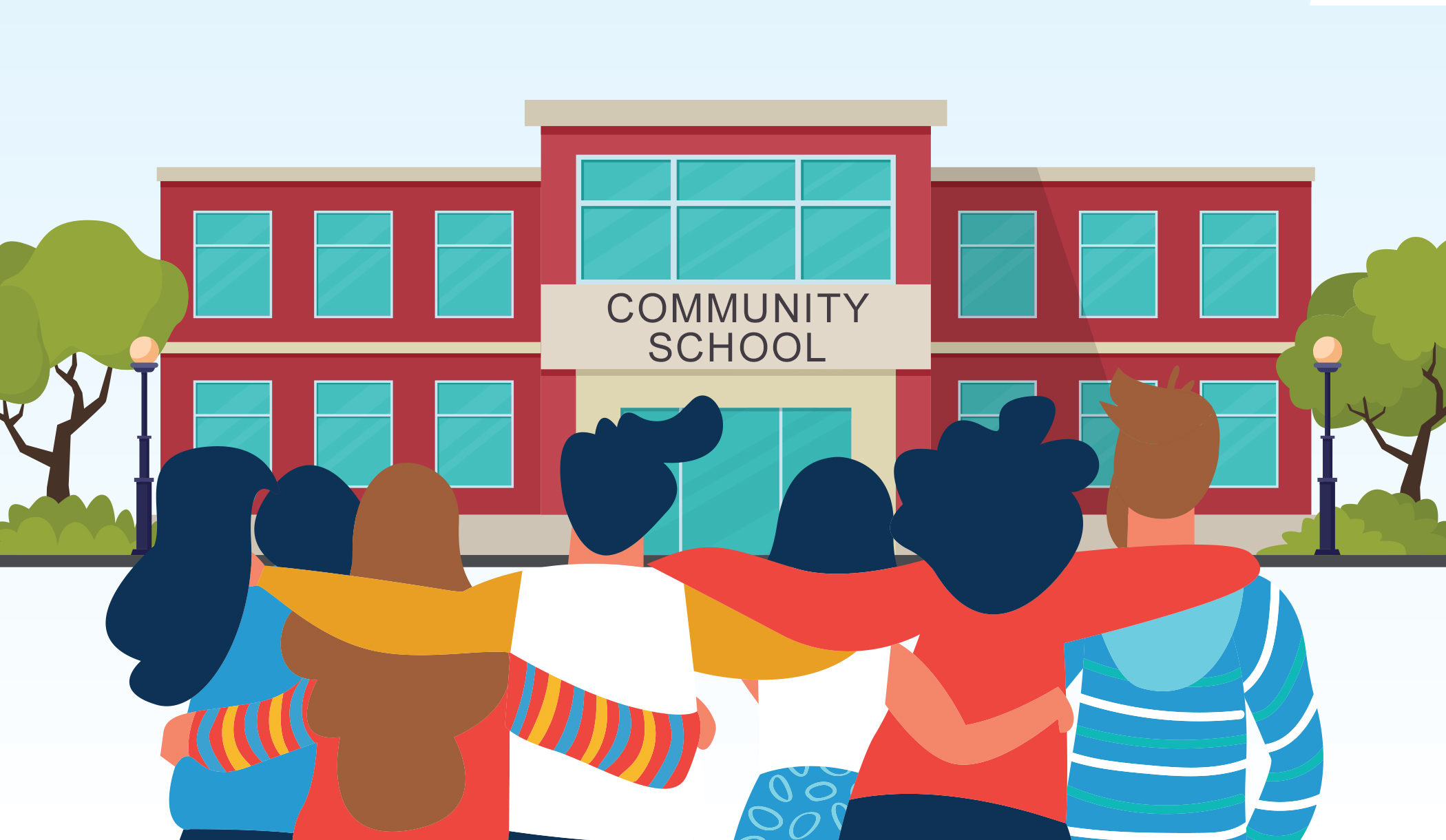The Effect of School Environments on Academic Success and Personal Health
The institution environment dramatically affects both academic success and personal well-being, encompassing elements such as physical layout, classroom environment, and social characteristics. The design of instructional spaces, including natural lighting and ergonomic furniture, can boost students' focus and convenience. The top quality of teacher-student connections and the nature of peer communications play pivotal duties in cultivating an ambience favorable to discovering and emotional support. Recognizing exactly how these different aspects interaction to shape trainee results elevates important questions regarding enhancing instructional settings for holistic advancement. Just how can institutions purposefully boost these facets to much better sustain their pupils?
Physical Format and Layout
Exactly how does the physical design and style of an institution impact scholastic success? The plan and aesthetic of an institution atmosphere can dramatically affect students' understanding outcomes.
All-natural illumination and reliable air flow systems are pivotal in improving cognitive feature and decreasing absence. Researches have shown that classrooms with sufficient natural light boost pupil concentration and lower sensations of sleepiness. Ergonomic furnishings tailored to students' needs can avoid physical pain, allowing for extended emphasis and engagement in academic activities.
Accessibility to outdoor rooms and aesthetically pleasing surroundings additionally play a critical role - Save Temecula Schools. Eco-friendly spaces and properly maintained college grounds give chances for exercise and psychological leisure, both of which are very important for maintaining high levels of scholastic efficiency. Fundamentally, a thoughtfully designed physical environment can function as a catalyst for scholastic quality, cultivating an atmosphere that supports both training and knowing
Class Atmosphere
A positive classroom environment is basic to accomplishing academic success. An atmosphere that promotes a feeling of safety and security, inclusivity, and common regard encourages students to involve even more proactively in their knowing processes. The atmosphere of a class, consisting of aspects such as lights, noise degrees, and seating plans, can dramatically impact student focus and inspiration. A well-ventilated, well-lit class with marginal interruptions can enhance cognitive function and lower stress and anxiety, therefore advertising much better scholastic end results.
Moreover, the classroom ambience should sustain a culture of collaboration and open communication. They are much more likely to engage deeply with the product and establish important thinking abilities when pupils really feel comfortable revealing their concepts and asking inquiries. Peer communications and group tasks can enhance discovering by providing varied point of views and cultivating teamwork
Additionally, developing regular regimens and clear assumptions can create an organized environment that permits students to concentrate on their research studies. By reducing uncertainty and giving a predictable structure, pupils can much better handle their time and responsibilities. Eventually, a positive class atmosphere not just enhances scholastic efficiency however also contributes to the overall wellness of students, preparing them for future instructional and personal ventures.
Teacher-Student Relationships
Structure on the significance of a positive classroom environment, the connections in between instructors and students play a crucial duty fit academic success. A healthy and balanced teacher-student relationship promotes a discovering atmosphere where trainees really feel valued, understood, and sustained, which considerably enhances their motivation and interaction. When pupils perceive their instructors as approachable and understanding, they are more probable to get involved actively in class and look for aid when needed, adding to a much deeper understanding of the subject matter.

This depend on enables trainees to reveal their concepts and issues openly, cultivating a joint knowing setting. In significance, strong teacher-student relationships are a foundation of academic success, playing a vital role in both academic success and personal advancement.
Peer Communications
Peer communications considerably influence scholastic success by forming a pupil's cognitive and social development. Within the college setting, peer relationships work as a foundational part for discovering and individual growth. Favorable peer interactions can boost a student's inspiration and involvement in academic activities via collaborative understanding and common assistance. When students function with each other in team setups, they trade concepts, solve troubles jointly, and create essential believing abilities. Such communications foster a feeling of belonging and neighborhood, which is essential for emotional health and academic determination.

Reliable peer interactions additionally contribute to the advancement of important life skills, such as teamwork, conflict, and interaction resolution. These social proficiencies are crucial for both academic success and individual health, highlighting the importance of fostering favorable peer characteristics within the institution atmosphere.
Extracurricular Tasks
Taking part in extracurricular tasks plays a crucial function in a student's scholastic success and individual development. These activities, ranging from sporting activities teams to debate clubs, provide students opportunities to sharpen important abilities such as management, time monitoring, and team effort. Study regularly indicates that pupils who take part in extracurricular activities tend to accomplish greater academic performance. This relationship is typically credited to the structured setting and the self-control called for to balance both scholastic and extracurricular commitments.
In addition, extracurricular involvement cultivates a sense of belonging and area, which is necessary for individual wellness. Taking part in team tasks allows trainees to build and reinforce social media networks, enhancing their social and emotional intelligence. These communications are crucial for establishing social skills that are beneficial in both future check here and academic expert settings.
Furthermore, extracurricular activities supply a constructive electrical outlet for students to discover their interests and interests beyond the conventional educational program. This exploration can result in the discovery of new abilities and prospective career courses, better encouraging pupils to engage more deeply in their academic job. Finally, the duty of extracurricular activities expands beyond plain leisure; they are integral to cultivating an alternative educational experience that promotes both scholastic success and personal growth.
Final Thought
In sum, the influence of school atmospheres on both academic success and personal health is extensive. Attentively developed physical formats and class, along with positive teacher-student partnerships and useful peer communications, substantially improve pupil inspiration and interaction. The visibility of encouraging instructors can mitigate tension, promoting a nurturing ambience conducive to holistic development. These elements collectively underscore the significance of developing and keeping optimal school environments for the benefit of pupils' personal and scholastic development.
Eventually, a favorable class ambience not just boosts scholastic performance but likewise contributes to the total well-being of pupils, preparing them for future educational and personal undertakings.
